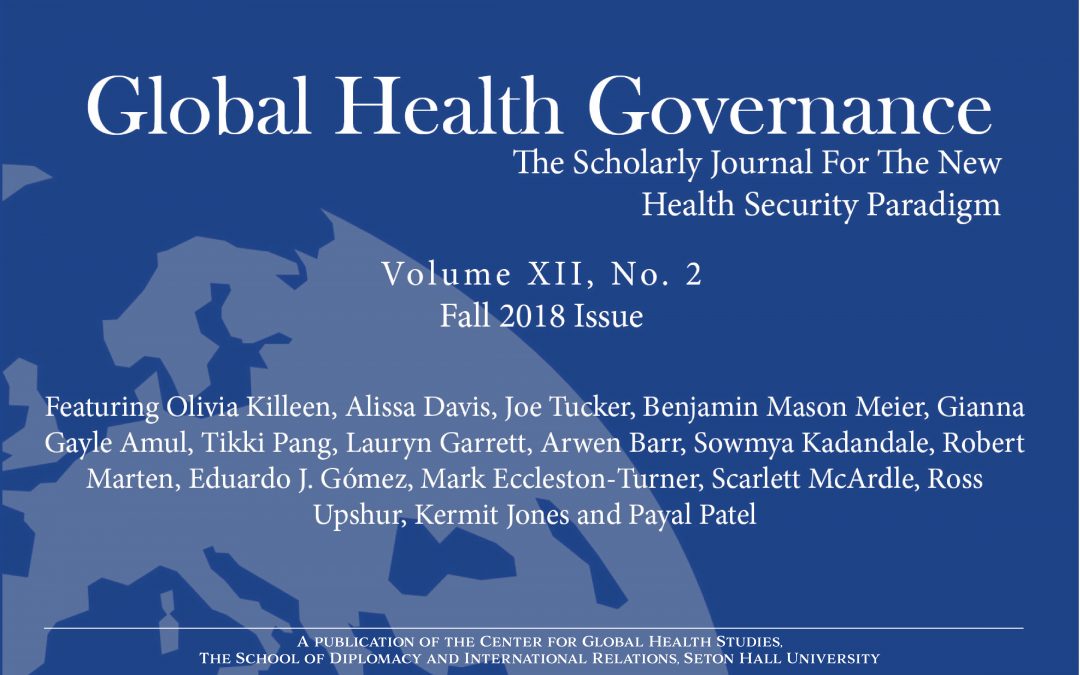by Eduardo J. Gómez
This article seeks to explore the utility of integrating institutional change theory with network and power theory in the social sciences in order to provide a fuller account of international health agency capacity to meet domestic healthcare needs. The application of institutional theory to the transformative capacity of international health agencies is a new area of scholarly research. This article used qualitative research methods, drawing from an in-depth literature review and select case studies to critique the existing literature and analyze the effectiveness of the author’s proposed analytical framework. This article finds that institutional change theory on its own may not be sufficient for explaining international health agency transformations. Instead, scholars may benefit from combining this theoretical approach with network and power theory in the social sciences, theoretical frameworks that have mainly been used to explain institutional and policy change at the domestic rather than international level. Using the case of the Global Fund to Fight AIDS, Tuberculosis, and Malaria, this inter-disciplinary theoretical approach may help to better understand how change actors within international health agencies are able to adapt to external pressures and pursue policy reform.

